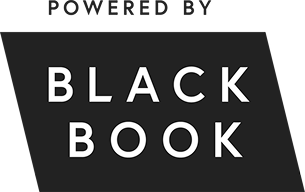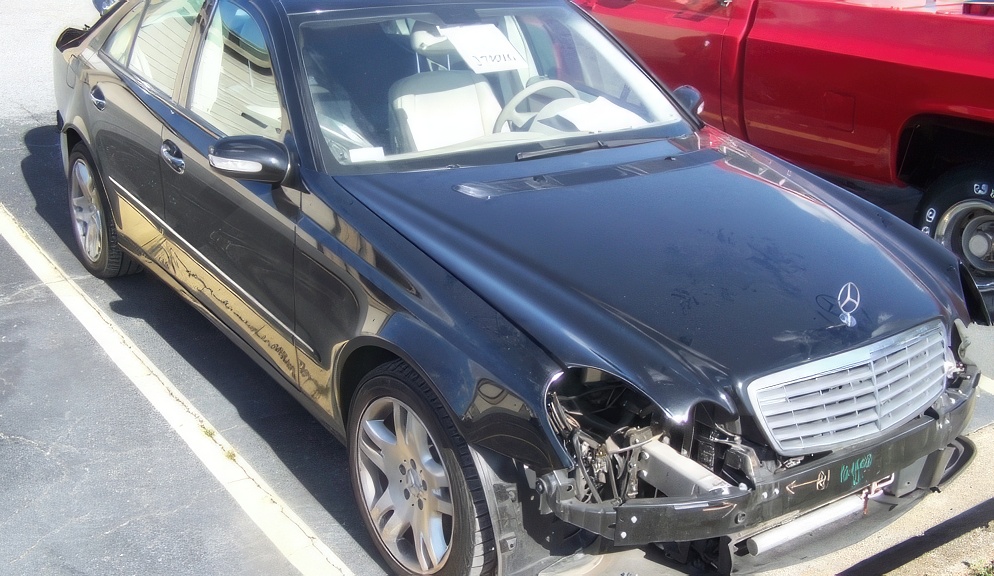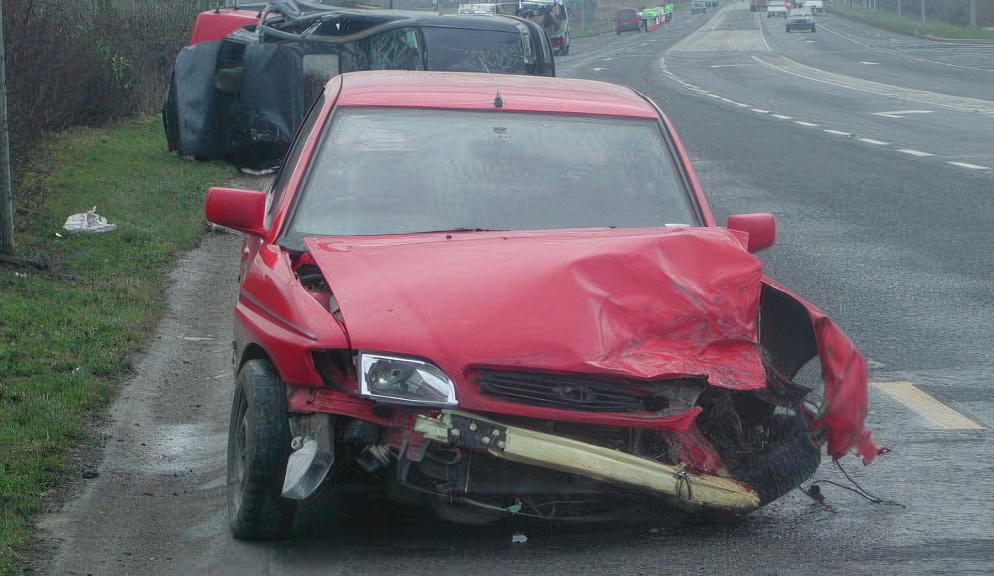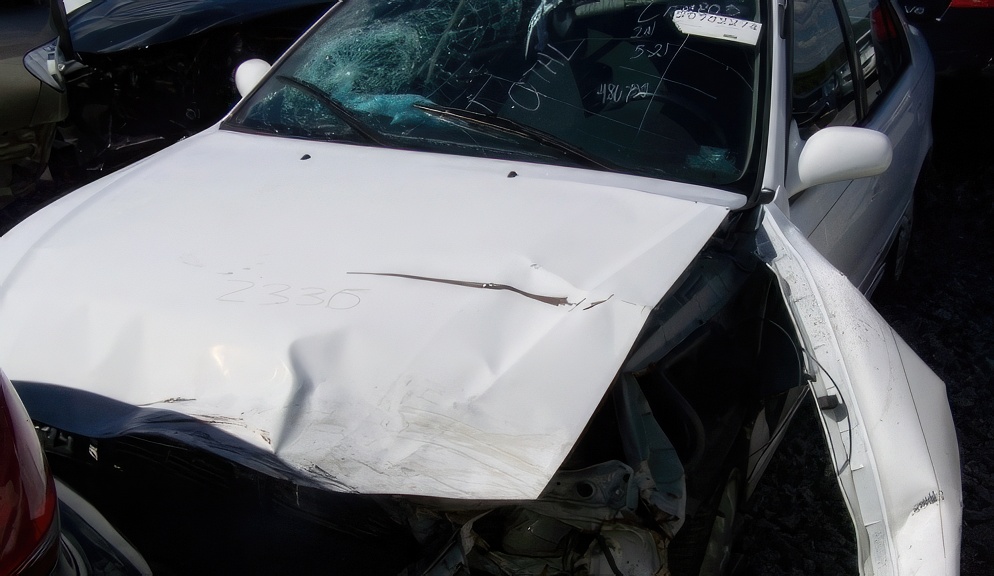
Category: Auto Industry Insights
-

Diminished Value Requirements
Navigating a diminished value claim involves understanding the concept, meeting specific criteria, obtaining a detailed appraisal, meticulous documentation, and skilled negotiation with insurance companies. The claimant must typically not be at fault, with a vehicle insured under a policy that includes comprehensive or collision coverage. A professional appraisal is crucial, evaluating the vehicle’s make, model,…
-

What is the formula for diminished value claim?
After a vehicle accident, diminished value claims provide financial compensation for the car’s decreased value post-repair. The most common formula used for calculating this is the 17c method, derived from a Georgia court case. It starts by capping the car’s diminished value at 10% of its pre-accident value, then adjusts it further based on damage…
-

How Do You Write a Demand Letter for Diminished Value?
Crafting a successful demand letter for a diminished value claim involves meticulous structuring, persuasive language, and solid evidence. Start with your contact information, followed by a factual account of the accident and details of the repairs, emphasizing the damage’s impact on your vehicle’s value. Clearly state the diminished value amount you’re claiming, ideally supported by…
-

How Long to File Diminished Value Claim
When dealing with a diminished value claim after a vehicle accident, it’s crucial to understand the statute of limitations, which varies by state. This legal time frame dictates how long you have to initiate legal proceedings and can range from two to five years, starting from the accident date. Additionally, your insurance policy may have…
-

How do You Negotiate a Diminished Value Claim?
Negotiating a diminished value claim successfully begins with thorough preparation, including a professional appraisal of your vehicle and collecting all relevant documentation like repair bills and the accident report. Understanding your insurance policy in detail is crucial. Initiate the claim with a clear presentation of your case, backed by your appraisal and supporting documents. Be…
-

Step by Step: Filing a Diminished Value Claim Successfully
Filing a successful diminished value claim involves a series of well-planned steps. Start with immediate and thorough documentation post-accident, including photos and witness statements. Obtain the police report for an official account of the incident. A professional vehicle appraisal is essential to establish the diminished value. Review your insurance policy in detail to understand coverage…
-

What is the diminishing value of a car?
Understanding diminished value is crucial for car owners post-accident. This term refers to the loss in a vehicle’s market value due to its accident history, impacting future sales and insurance premiums. The article explores the mechanics of car depreciation and how accidents amplify this process. It also discusses the psychological impact of an accident on…
-

How do Insurance Companies Determine The Value of a Wrecked Car?
In auto accidents, determining who covers the diminished value—a loss in a vehicle’s market value post-repair—is key. Typically, the at-fault driver’s insurance is responsible for compensating this value loss. However, the process can get complex in shared fault scenarios or no-fault states. Understanding your insurance policy, the role of state laws, and the process of…
-

Diminished Value Assessment
“Diminished Value Assessment: Navigating the Financial Impacts of Vehicle Accidents” In the complex world of vehicle ownership, accidents can significantly impact a car’s market value. Understanding the concept of diminished value is essential for vehicle owners, potential buyers, and insurance professionals. This guide delves into the intricacies of diminished value assessment, exploring various calculation methods…
-

Is Diminished Value on a Vehicle Negotiable?
Anyone who feels they are not being fairly compensated by an insurance company after an accident has the freedom to try to negotiate with them. That being said, it’s best to arm yourself with some
Recent News
Categories
- Auto Industry Insights (36)
- Business (1)
- Car Ownership Tips (9)
- caw ownership tips (8)
- Claims Process (2)
- Consumer Rights (2)
- Diminished Value (37)
- Financial Advice (29)
- Financial Analysis (5)
- gal aspects (8)
- Insurance Claims (15)
- Legal Aspects (14)
- Legal Rights (5)
- lemon law (8)
- Understanding Depreciation (25)
- Vehicle Appraisal (34)
- Vehicle Condition Matters (24)
- Vehicle Negotiations (9)
- Vehicle Repair (1)

Learn More About Black Book
Black Book stands as a prominent source for automotive vehicle pricing and analytical tools, offering its extensive services to qualified industry professionals through various platforms including mobile, online, and Data as a Service applications. Established in 1955, Black Book has consistently adapted to meet its objective of providing vital information to its clients, coupled with the insights required to make informed decisions when buying, selling, or lending. Published daily by National Auto Research, a subsidiary of Hearst, Black Book operates offices in Georgia and Toronto, where the Canadian Black Book division is headquartered.



